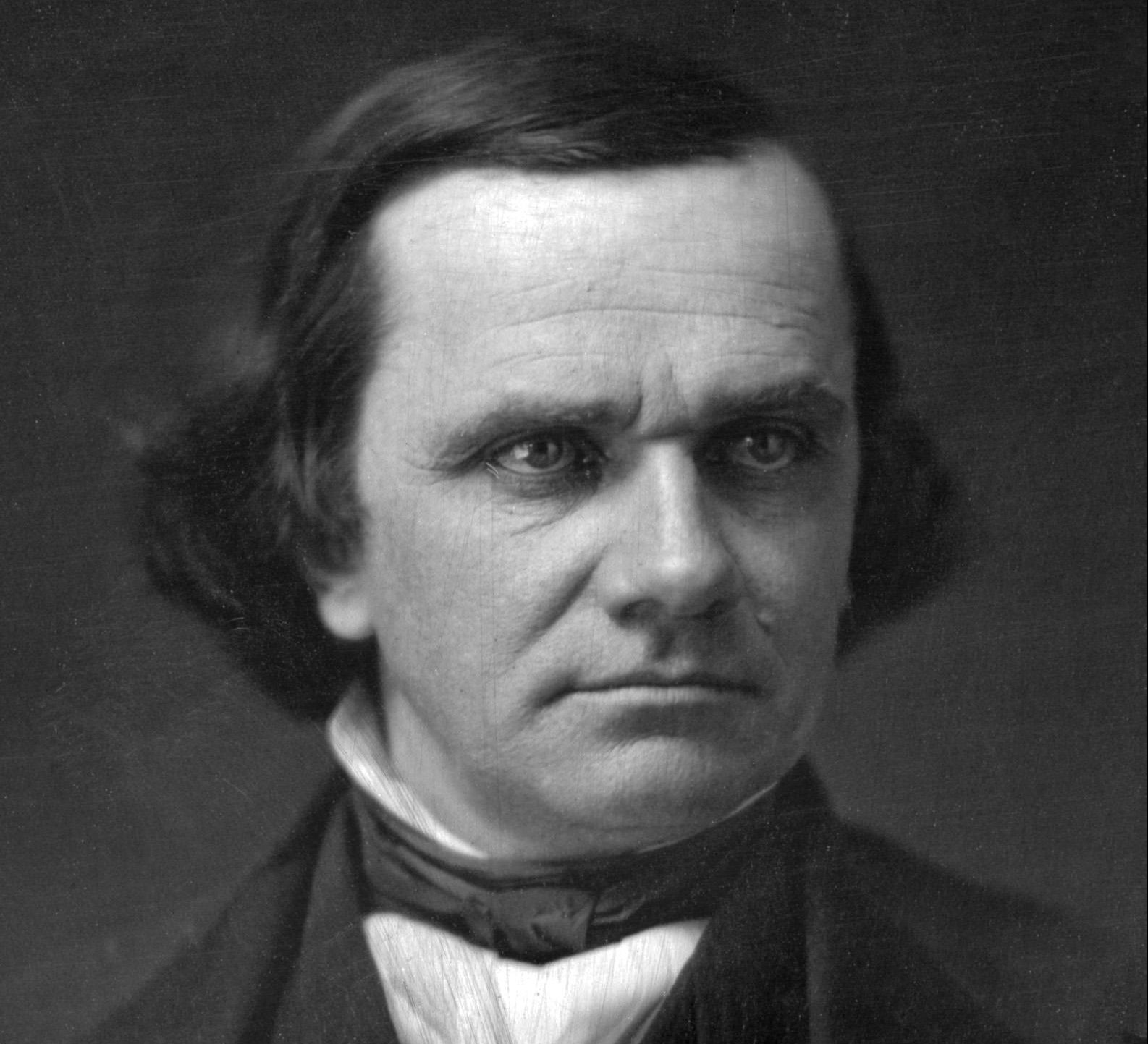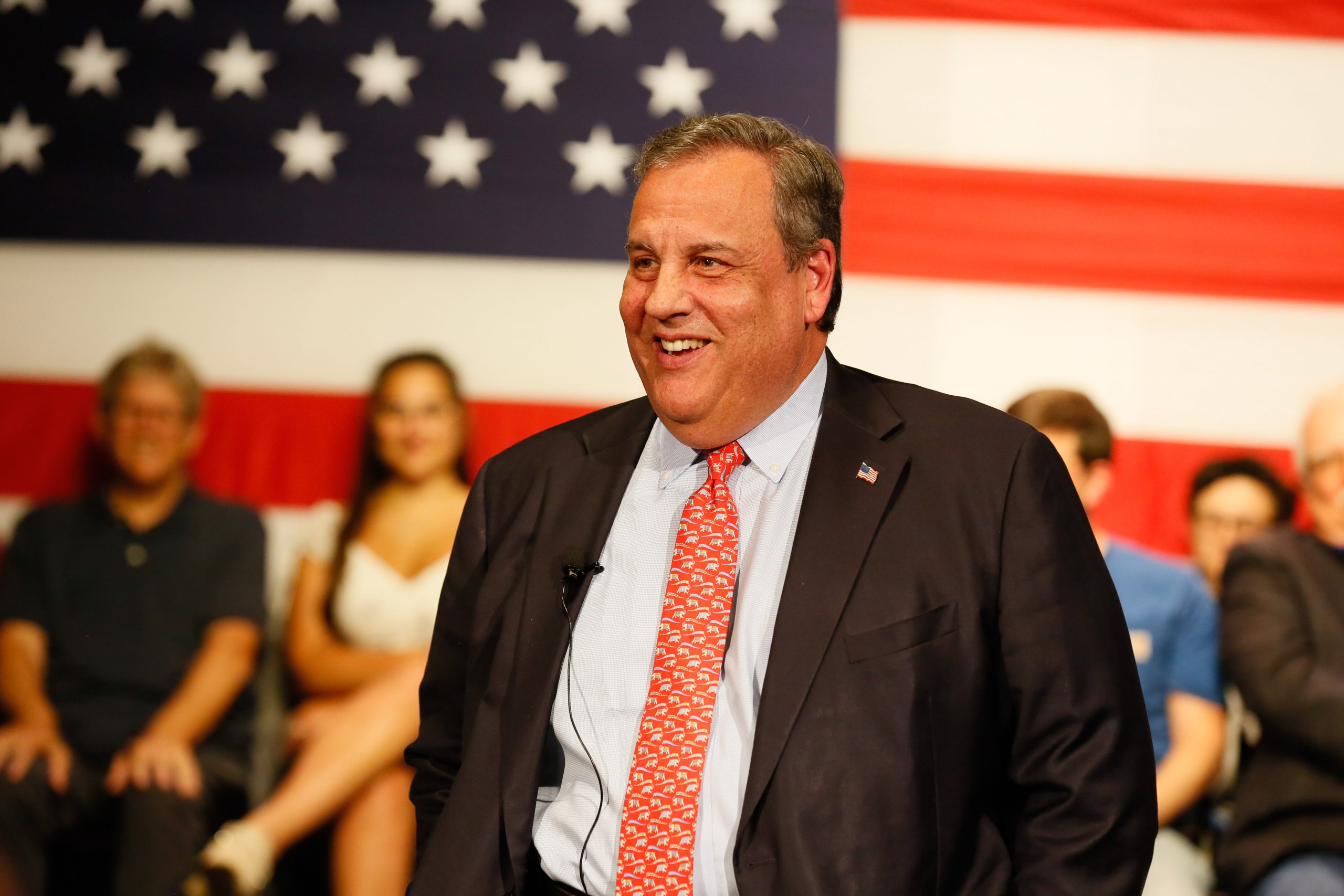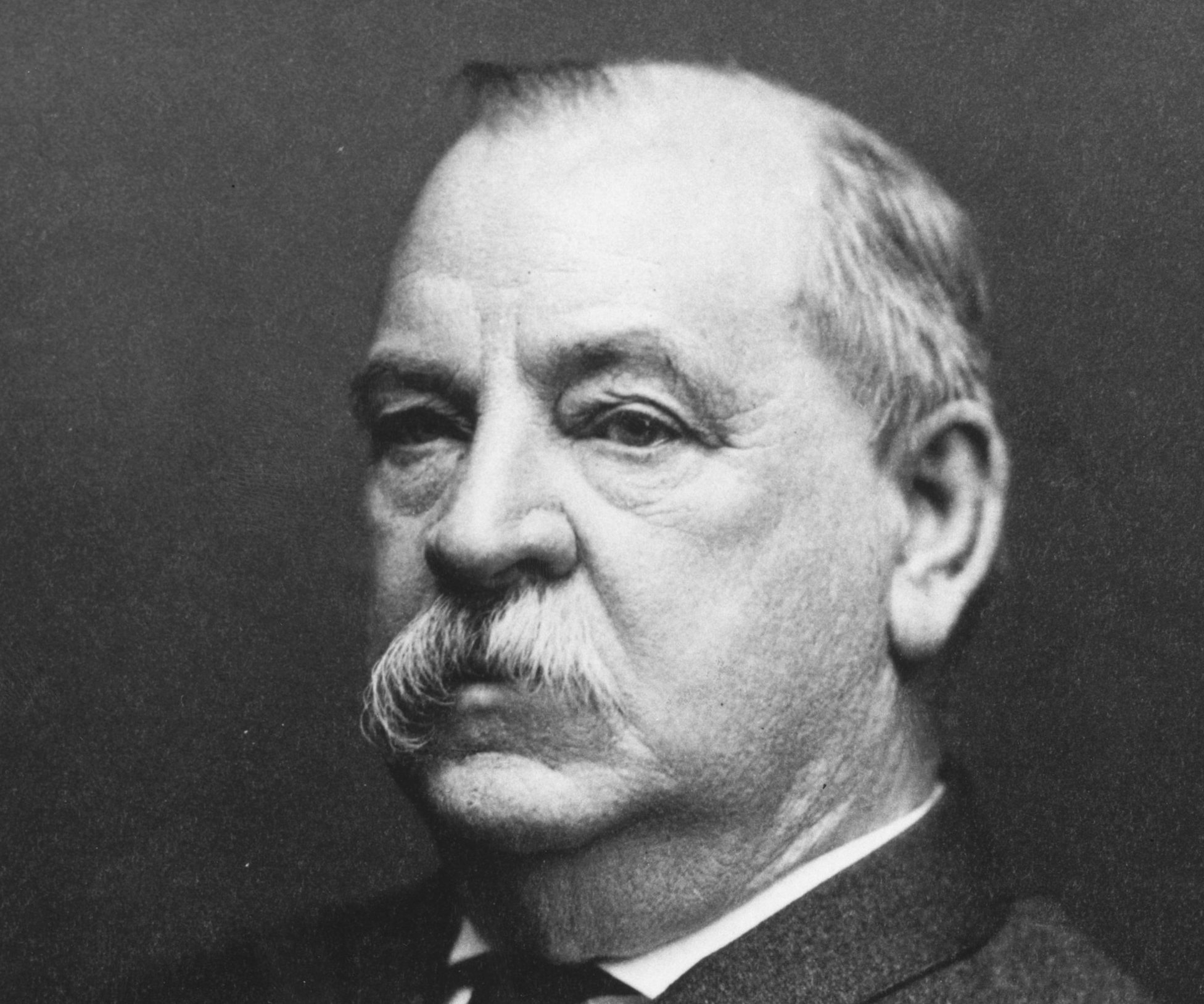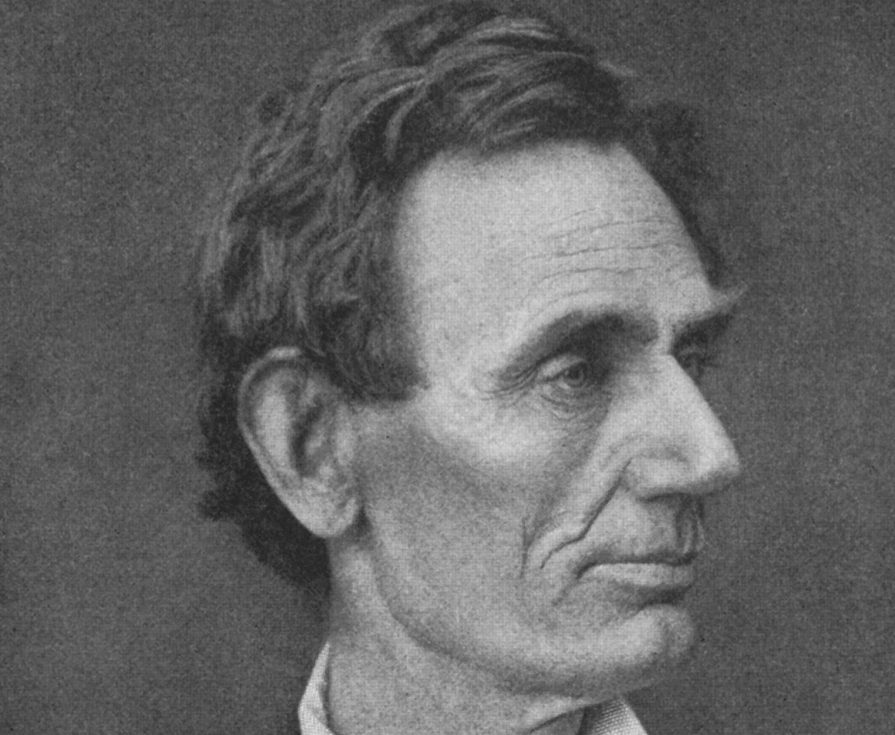Despite having no credible contender to challenge Abraham Lincoln in 1860, the Democrats were able to secure three electoral votes, while the Republicans secured four.
Senator Stephen Douglas of Illinois was supported by Northern Democrats, Vice President John Breckenridge by Southern Democrats, and former Tennessee Senator John Bell by a third faction.
None of their selections were especially well received by the New Jersey Democratic State Committee.
New Jersey backed James Guthrie, a Democrat from Kentucky who had been the U.S. Secretary of the Treasury under James Buchanan and Franklin Pierce, at the Democratic National Convention in Charleston. On the first ballot, Guthrie receives the votes of all seven state delegates. That ranked Guthrie third, behind Senator Robert Hunter of Virginia and Douglas.
Guthrie remained on the second ballot in New Jersey.
Five New Jersey delegates voted for Douglas on the third ballot, while one remained with Guthrie. Through the twelfth ballot, that New Jersey vote did not change.
Guthrie’s New Jersey number dropped to five on the thirteenth ballot, with one going to Douglas and one to Senator Joseph Lane of Oregon. Douglas defeated Guthrie on the following ballot, and New Jersey remained that way until the 18th ballot.
After 25 ballots with no nominee, the convention adjourned since Douglas was unable to secure enough votes to clinch the candidacy.
Northern Democrats met again in Baltimore and nominated Douglas, while Southern Democrats selected Breckinridge at their own convention.
Their electorate would choose the Democratic candidate who stood the best chance of defeating Lincoln, according to the New Jersey Democratic State Committee’s decision.
Democrats created a fusion ticket, promising Douglas three electors and Breckenridge and Bell two each.
We plan to support the ticket because we think we are helping Mr. Douglas more than we should by supporting the one put forward by his unyielding friends. If that ticket wins and Mr. Douglas is elected with New Jersey’s vote and Mr. Breckinridge is elected with it, then we are in favor of him getting it. In a resolution issued in August 1860, the state party said that if neither Mr. Douglas nor Mr. Breckinridge could be elected with it, then Mr. Bell would be elected with it, and Mr. Lincoln should be elected president.




